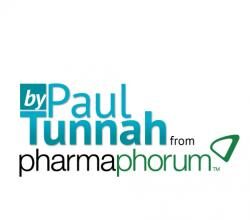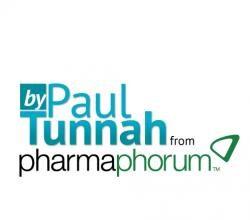We’ve heard a lot over the years about the inappropriate role of lawyers in the medical system. The complaints usually center on trial lawyers who sue physicians for malpractice and drug companies for failure to warn consumers about unsafe drugs and devices. We’ve heard much less about lawyers who work for drug companies and try to game the regulatory system.
We’ve heard a lot over the years about the inappropriate role of lawyers in the medical system. The complaints usually center on trial lawyers who sue physicians for malpractice and drug companies for failure to warn consumers about unsafe drugs and devices. We’ve heard much less about lawyers who work for drug companies and try to game the regulatory system.
This latter problem was in full display this afternoon at the FDA hearing on Roche/Genentech’s appeal of the FDA’s decision to remove breast cancer from Avastin’s label. Paul Schmidt, a Covington & Burling attorney representing Genentech, repeatedly tried to pin down FDA oncology drugs chief Richard Pazdur and his colleagues as to whether they had ever specified that replicating the progression free survival benefit seen in the first trial that led to accelerated approval would satisfy the FDA and therefore lead to permanent approval.
Pazdur repeatedly replied that progression free survival was a surrogate marker of benefit and had to be accompanied by some other benefit, such as improved quality of life. Of course, a trial showing extended survival would be the best. But given the adverse events profile of Avastin — increased cardiovascular deaths; GI perforations; an increase in hypertension in a quarter of patients — any increase in time before a tumor began progressing as the sole benefit would have to be substantial before a drug would be approved based on that surrogate marker alone.
“The approval process is not about a median progression free survival,” Pazur said. “It’s about a risk benefit analysis. The magnitude of a progression free survival change has to be viewed in the context of the safety profile of the drug, the disease setting, the existing therapies, and patient performance status. For me to give you an exact progression free survival would be impossible to do.”
Schmidt pressed ahead: “Did CDER say to Genentech that .8 months progression free survival (the amount seen in one of the follow-up trials) wouldn’t be enough to support approval?”
“I don’t believe we ever said that,” Pazdur said. “All we’re asking for here is one trial that shows clinical benefit.”
There has only been one new piece of clinical evidence introduced at this hearing. A phase II trial published in Lancet Oncology in April, where Avastin was added to several chemotherapy regimens, showed it slightly increased the time before the cancer resumes progressing by a few months — again! — and had no impact on the long-term mortality rate for women struck by a recurrence of this devastating disease.
So, there have been five follow-up trials, and not one has replicated the initial evidence that led to accelerated approval. Tomorrow, Genentech and its lawyers get to present their side of the story. If the company attempts to present new evidence, it will violate the ground rules set by the FDA for the hearing (not to mention normal legal procedures). Why do I think the real purpose of this hearing is to lay the groundwork for a lawsuit against the FDA?








